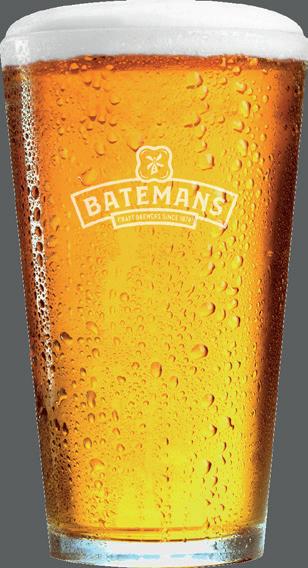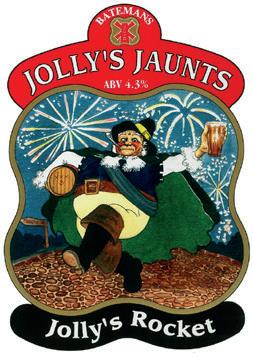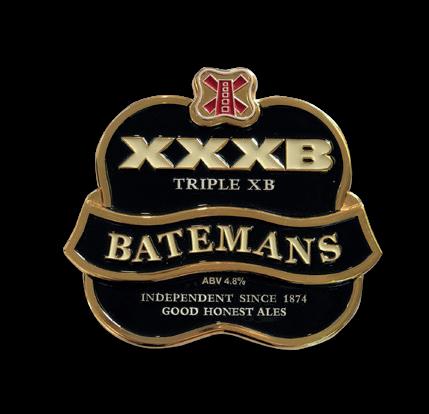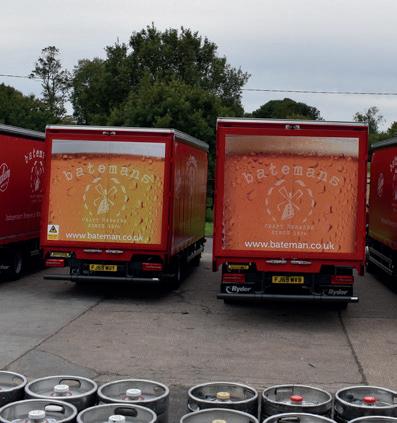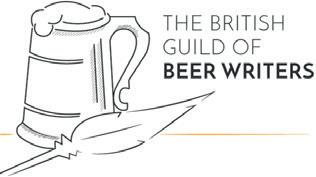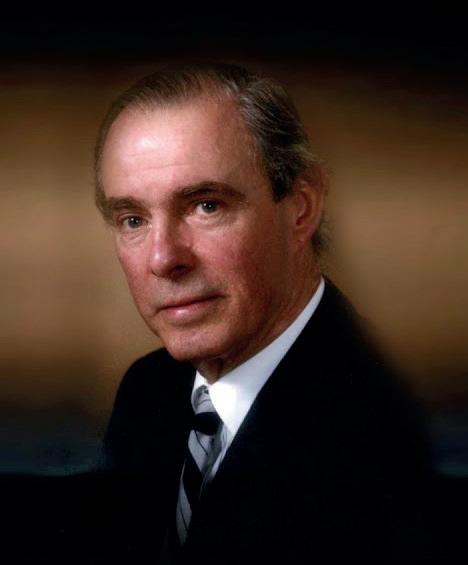2009/ 2010
Managing Director Stuart, and Marketing Director, Jaclyn, continued to develop the company and secure the brewery’s future independence.
On the back of the introduction of groundbreaking new pub operating agreements and code of practice, the brewery was awarded Pub Company of the Year and Regional Brewer of the Year, at the prestigious Publican Awards.
2014
Due to duty tax implications, the decision was made to pull back from various national and supermarket contracts, in order to focus upon more localised business and increase customer support and investment in pubs.
2020
A year that will remain in the memory of many for years to come, due to the effect of the COVID pandemic. Batemans mothballed the business and cancelled pub rents in an effort to support publicans, whilst battening down the hatches, in an effort to be able to preserve the business, ready for reopening, which would not take place fully until August 2021. Stuart introduced a three-phase plan of ‘Survival, Revival, Development’.
2022
The business bounced back extremely well with the first beer brewed being called Revival. To help with ‘Development’ new pubs were purchased and some existing pubs refurbished.
2024
150th anniversary celebrations! Many events took place celebrating this milestone, as well as new branding being introduced, new pump clips and a new beer called Five Generations (5G).
2025
An exciting future lies ahead with the 5th generation of the Bateman family; Harry, Edward and Eliza preparing to enter the family business.
Stuart Bateman
From humble beginnings...
1874
In 1874, George and Suzanna Bateman sold their farm and rented a small brewery in Wainfleet. For £505 (£30,000 in today’s terms) they purchased the brewery equipment from Edwin Crowe and a year later, with some financial difficulty, bought out the lease for £800 (£47,500 in today’s terms).
Edwin Crowe’s brewer stayed on for several years to show them the ropes. He was blind and had an acute sense of smell and taste. He checked the brew’s temperature by sticking his elbow into the mash tun!
1950s
Harry’s eldest son, George, joined Batemans Brewery in 1950 and took over the reins in 1970.
In 1953, the company invested in fermenting vessels made from stainless steel following issues with maintatining a low temperature in the beer cellar.
In 1957 Batemans owned 70 pubs and purchased an additional 29 houses costing £50,000.
1880
In 1880 George decided to sell the original brewery by the railway and buy Salem House. Suzanna and George moved in and built a brewery in the coach houses. They not only brewed beer but also bottled whisky, rum and gin.
On Fair Day, local farmers came to pay for the beer their workers had consumed during the previous six months. The debt was often settled with meat and potatoes! The farmers were then invited in for a huge feast.
These pubs had ‘perpendicular licences’ meaning you could only drink sitting down!
Perpendicular drinking was considered a deadly sin as it was thought you drank quicker whilst standing!
1960s
The 1960s saw a trend towards keg beers – the future for cask ales looked bleak. There was no option but to try to build a ‘Heath Robinson’ keg washer and filler.
George’s son Harry took over the business following the death of his father. However, First World War production restrictions made it difficult to operate.
1918
Harry obtained a licence to supply the clubs in Scunthorpe whose members worked in the heavy industry and munitions factories supplying the Western Front. This was deemed to be helping the war effort.
1927
Despite financial difficulty, Harry acquired a group of pubs.
In 1927, he purchased the Vine Hotel in Skegness. Later, in 1935, he built the County Hotel in Skegness on the site of Billy Butlin’s bowling alley.
And so Batemans Brewery expanded and bought the buildings and windmill across the lane from Salem House, installing a bottling plant.
1970s
Thanks to CAMRA: The Campaign for Real Ale, the sale of caskconditioned beer in the 1970s was revitalised. The foaming pints of Batemans Good Honest Ales were once again being poured. George’s wife, Pat, joined the brewery in the late 1970s. A few years later son Stuart and daughter Jaclyn joined the Company.
1986
In August of 1986, Batemans Premium Ale, XXXB, was judged ‘Beer of the Year’ by The Campaign for Real Ale at the Great British Beer Festival. Then on the 3rd February 1987, long standing differences between the shareholders were resolved, giving the company a bright future.
1947
1998
In 1998, Carlsberg Tetley purchased its vibrant Free Trade, giving Batemans the opportunity to develop its pub estate further.
Until this point, Batemans had pubs in Lincolnshire, but now it extended its estate further afield.
In 1947 Wainfleet was connected to the mains water system. Originally, water was pumped by hand from the River Haven. This water was found to be beneficial to the balanced flavour of Batemans beers! Pollution in the river in the 1930s meant water had to be brought in by lorry from seven miles away.
2000
In 2000, George Bateman received a ‘Lifetime Achievement Award’ from the Guild of British Beer Writers.
2005
A Visitors Centre was opened at the Brewery in 2002 by the Dambuster Squadron veterans. New Brewhouse ‘The Theatre of Beers’ was built, proving Batemans commitment to brewing its Good Honest Ales.
7th March 2005 bought sad news of the death of George’s wife, Pat after a brave fight against illness. On the 25th June 2007, George also passed away, leaving his legacy to his children Stuart and Jaclyn.




















